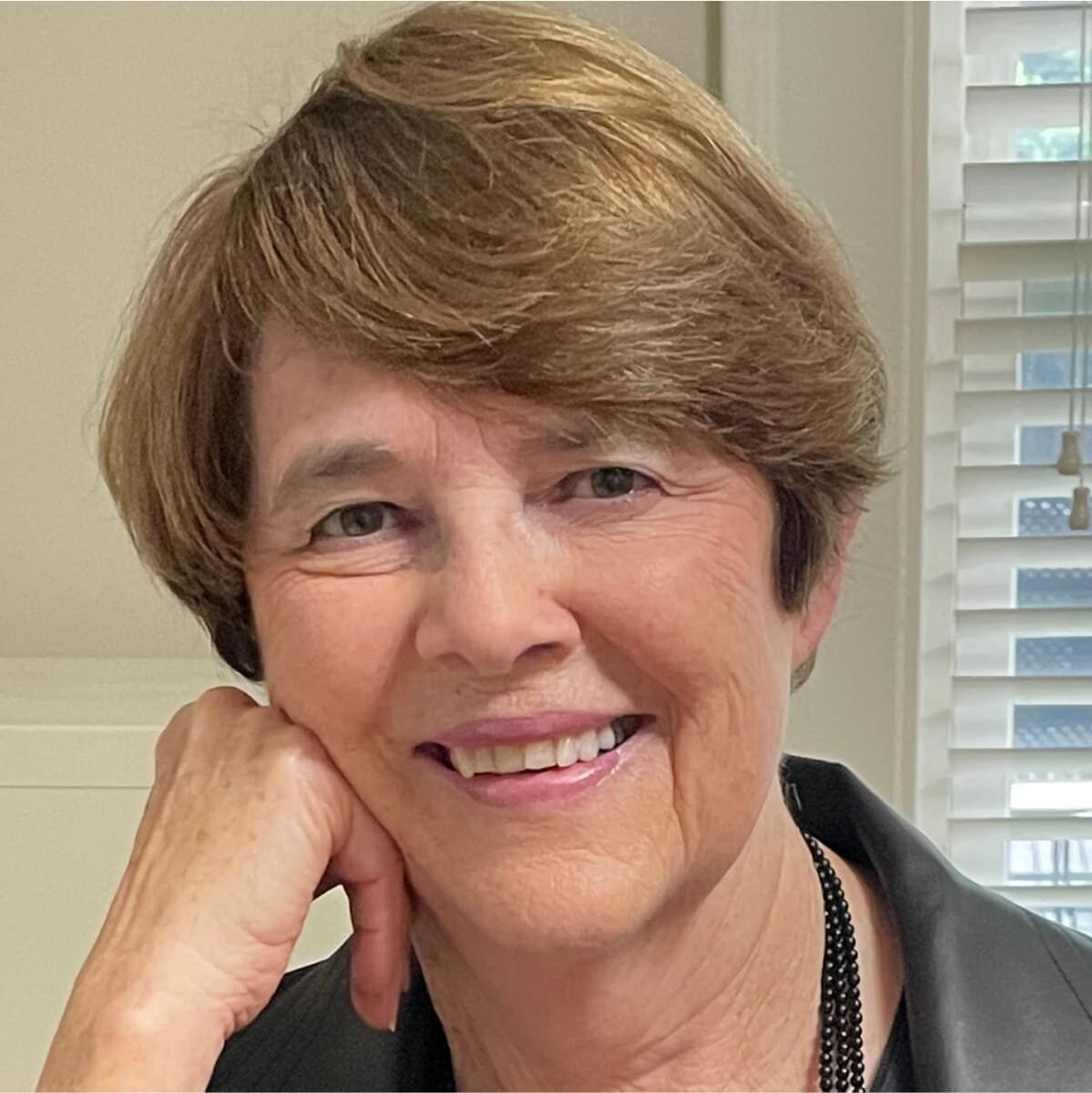
Don’t Trust Anyone Over 30
November 7, 2023
When I was in my 20s, the mantra of freewheeling young people was, “Don’t Trust Anyone Over 30”. And we didn’t.
The median age of the U.S. today is 38.8, but we’re now a gerontocracy — “a state, society or group governed by old people.”
At the very top of our political system, both President Joe Biden, 80, and Donald Trump, 77, currently the leading contenders for the presidency in 2024, are old. Both are as old or older, in fact, than any of the three most recent presidents who have been retired for years: Bill Clinton (77), George W. Bush (77), and Barack Obama (62).
The U.S. Senate Minority Leader, Mitch McConnell, is 81. Senate Majority Leader Charles Schumer is 72. Five of the nine justices on the U.S. Supreme Court are older than 60.
U.S. Senator Lindsey Graham, South Carolina’s senior senator, is 68. South Carolina’s junior senator, Tim Scott, is 58. The Palmetto State’s governor, Henry McMaster, is 76. The Minority Leader of the SC Senate, Brad Hutto, is 66. The Senate Majority Leader, Shane Massey, is an outlier at age 48 – but that’s still 10 years older than the median age of Americans today.
It’s true that older leaders have more seasoning, more experience and, often, more empathy. It’s also true, though, that younger leaders have new ideas and new ways of approaching problems, of thinking, of doing. It’s why so many musicians and artists and scientists and entrepreneurs do their best work before they turn 30.
But in a state like South Carolina, the vast majority of office holders continue to be old men. Case in point: women in 2023 hold just 17.6 percent of seats in the SC legislature. Only four legislatures in the nation have fewer women than we do.
And then there is the SC Supreme Court, which is 100 percent male. That’s right. In 2023, there’s not a woman to be found on the state’s highest bench. (Note that South Carolina’s heavily male state legislature elects the justices.)
As the 2024 elections beckon, it’s more important than ever to elect more women to public office and to increase the number of women serving on boards and commissions.
Women leaders will bring their emotional intelligence (EI), their empathy, and their more collaborative leadership style. Younger leaders will bring change, along with a high energy level and a new way of approaching things. Younger women leaders will bring it all as we look for new ways to address climate change, gun safety, reproductive health issues, and a myriad of other problems that face the country today.
Younger/women leaders need their chance, and we need them.

Jan Collins is a Columbia, South Carolina-based journalist, editor, and author. A former Nieman Fellow at Harvard and former Congressional Fellow in Washington, D. C., she is the coauthor of Next Steps: A Practical Guide to Planning for the Best Half of Your Life (Quill Driver Books, 2009).